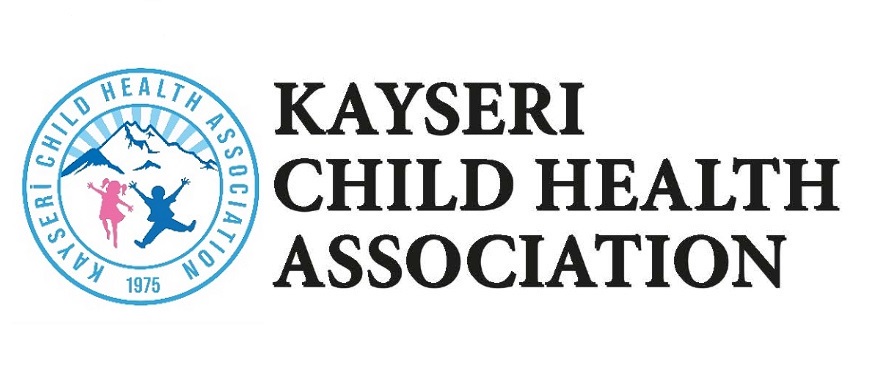Does Dietary Treatment Cause Obesity In Phenylketonuria? Comparison Of Obesity Ratios Of Patients Receiving Dietary Treatment And Tetrahydrobiopterin Treatment
Keywords:
Phenylketonuria, diet, tetrahydrobiopterin, obesity, overweightAbstract
Phenylketonuria is treated by either with tetrahydrobiopterin (BH4) or with phenylalanine-restricted diet. Patients on diet group may have a tendency of consume carbohydrate-rich foods and henceforth a risk of developing obesity. In this study, the prevalence of obesity+overweight among phenylketonuria patients either treated with phenylalanine-restricted diet or with BH4 are compared. Patients with phenylketonuria were divided into two groups as on dietary treatment and on BH4 treatment. Body mass index (BMI), BMI-percentile and z-score values of patients were calculated and classified as malnutrition, normal-weight, overweight and obese according to their nutritional status. The annual mean phenylalanine level of each patient is also evaluated. The study was done retrospectively.Total of 130 patients were included. 77 were receiving diet (female (n,%):37, 48.1%; male (n,%):40, 51.9%) and 53 were receiving BH4 (female(n,%):33, 62.3%; male(n,%):20, 37.7%) respectively. According to BMI-z-score, 35.1% were obese+overweight in the diet group vs. 16.9% in the BH4 group. The percentage was significantly higher in the diet group (p = 0.02). Obesity+overweight percentages in female/male patient groups showed no significant difference. Considering the correlation between obesity+overweight and age in the BH4 group, the median age of the patients with normal weight+malnutrition were found as 46-months, and that of obese+overweight patients were 137-months (p=0,001). For the same correlation, there was no significant difference in the dietary treatment group (p = 0.92). Mean annual phenylalanine levels were significantly higher in obese+overweight patients (p=0.047) in the BH4 treatment group but this difference was not significant in the diet group (p=0.051). Patients on phenylalanine-restricted diet have a risk of obesity or overweight. Therefore, attention should be paid not only to the phenylalanine levels of these patients, but also to their weight control and dietary content.









